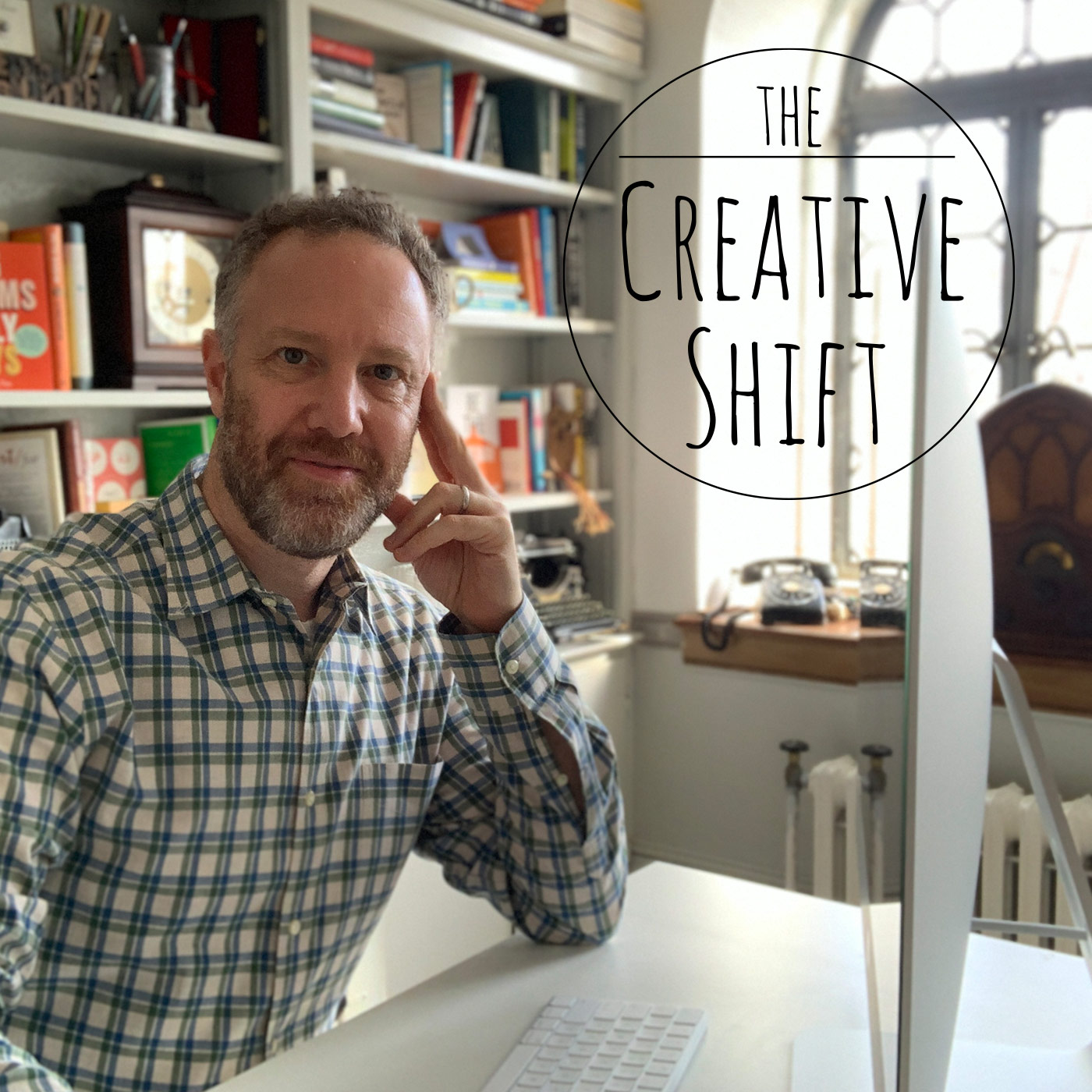.png)
The Resilient Writers Radio Show
Welcome to the Resilient Writers Radio Show! This is the podcast for writers who want to create and sustain a writing life they love. It's for writers who love books, and everything that goes into the making of them. For writers who wanna learn and grow in their craft, and improve their writing skills. Writers who want to finish their books, and get them out into the world so their ideal readers can enjoy them, writers who wanna spend more time in that flow state, writers who want to connect with other writers to celebrate and be in community in this crazy roller coaster ride we call “the writing life.”
The Resilient Writers Radio Show
Slow Progress is Still Progress: Loving the Book Into Being Over Time, with Melanie Schnell
Send us a text! We'd love to hear your thoughts on the show.
If you’ve ever felt like your novel is taking far too long—or wondered whether you can keep writing through big life challenges—this conversation with novelist Melanie Schnell will speak straight to your writer heart.
Melanie is the author of While the Sun is Above Us, which won both the Saskatchewan First Book Award and the City of Regina Award and has been part of the ELA A30 curriculum in Saskatchewan schools.
Her new novel, The Chorus Beneath Our Feet, began with a single, vivid image: two women standing on a tree branch in the middle of a violent storm. That image stayed with her for 15 years, slowly growing into a story about siblings, war, grief, and everything that lies hidden beneath our feet—and beneath our lives.
In this episode, Melanie shares how that first image evolved into the fictional city of Ravenswood, a Regina-inspired setting anchored by a central tree. She talks about how research into unmarked graves at the Regina Indian Industrial School, the Truth and Reconciliation Commission, mass graves in Ireland, and the history of the British Home Children all fed into the novel’s themes of buried histories, family bonds, and unseen networks—like fungi and tree roots—running under the surface.
We also dig into her unforgettable characters. Jes, a grief-stricken soldier returning from Afghanistan with his best friend’s body, and Mary, his ethereal, elusive sister, form the emotional core of the book.
Melanie describes the challenge of getting Jes’s voice right, balancing his trauma and anger with real vulnerability, and how early reader feedback helped her deepen both siblings until they felt fully alive on the page.
Melanie is candid about what it took to finish this novel over 15 years while raising her son as a single mother, navigating a demanding academic career, and living with chronic illness.
She talks about losing the ability to read and write for stretches of time, the frustration of feeling like the book was always moving ahead without her, and the moment an editor helped her finally “see” what the story needed structurally—especially around Mary’s voice and the ending.
If you’re a writer living with chronic illness or other big life constraints, Melanie offers gentle, hard-won encouragement: you are not your illness, and your story is coming from a central, lit-up place inside you that doesn’t disappear, even when you can’t reach it every day.
If you’ve been wondering whether it “still counts” if your book is taking years to finish, I think this conversation with Melanie will remind you that deep work takes the time it takes—and that the story is still there, waiting, even when you have to step away.
Podcasts we love
Check out these other fine podcasts recommended by us, not an algorithm.

The Balanced Creative
Chelene Knight
Pencils&Lipstick podcast
Kat Caldwell
I Should Be Writing
Mur Lafferty
The Creative Shift with Dan Blank
Dan Blank
The Shit No One Tells You About Writing
Bianca Marais, Carly Watters and CeCe Lyra
Six Figure Authors
Lindsay Buroker

